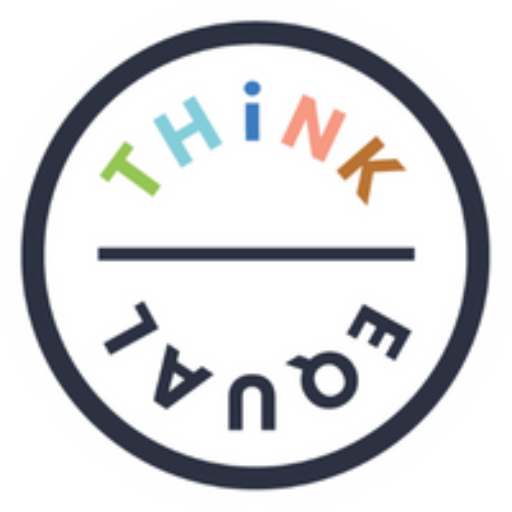Doha, May 5th 2020 – WISE, an initiative of the Qatar Foundation, selected Think Equal among the finalists for the 2020 WISE Awards for their innovative and impactful approaches to today’s most urgent education challenges. Each year, the WISE Awards recognize and promote innovative projects around the world addressing global educational challenges.
Think Equal is one of 15 finalists selected from 10 countries and a pool of 625 submissions by a pre-Jury of international experts. Selected projects must be established, innovative educational projects that have already demonstrated a transformative impact on individuals, communities, and society of their context. They also need to be financially stable, have a clear development plan, and be scalable and replicable.
WISE’s CEO Stavros N. Yiannouka emphasized the importance of the work celebrated by the WISE Awards during the pandemic: “Our world is experiencing a crisis affecting all facets of our lives. Education is no exception, and indeed the need for innovation is all the more urgent because of the systemic shortcomings that the crisis has exposed”.
He says that “each of the 2020 WISE Awards finalists has built an effective, tested solution to a global educational challenge. Whether ensuring access to fundamental early childhood education or imparting valuable entrepreneurship and financial literacy skills, each project already transforms lives and provides an inspirational model for others to emulate”.
By recognising these projects, the WISE Awards urge “policymakers and civil society leaders worldwide to address the need to bring some of these innovations to scale.”
Leslee Udwin, CEO and co-founder of Think Equal, has expressed her gratitude on behalf of the Think Equal Team and herself, recognising WISE as a “powerful and exceptional education change leader in the world”.
The WISE Awards winning projects will be announced in October 2020. In addition to publicity and networking opportunities, each project will receive $20,000 (US).
For further information, click below:

